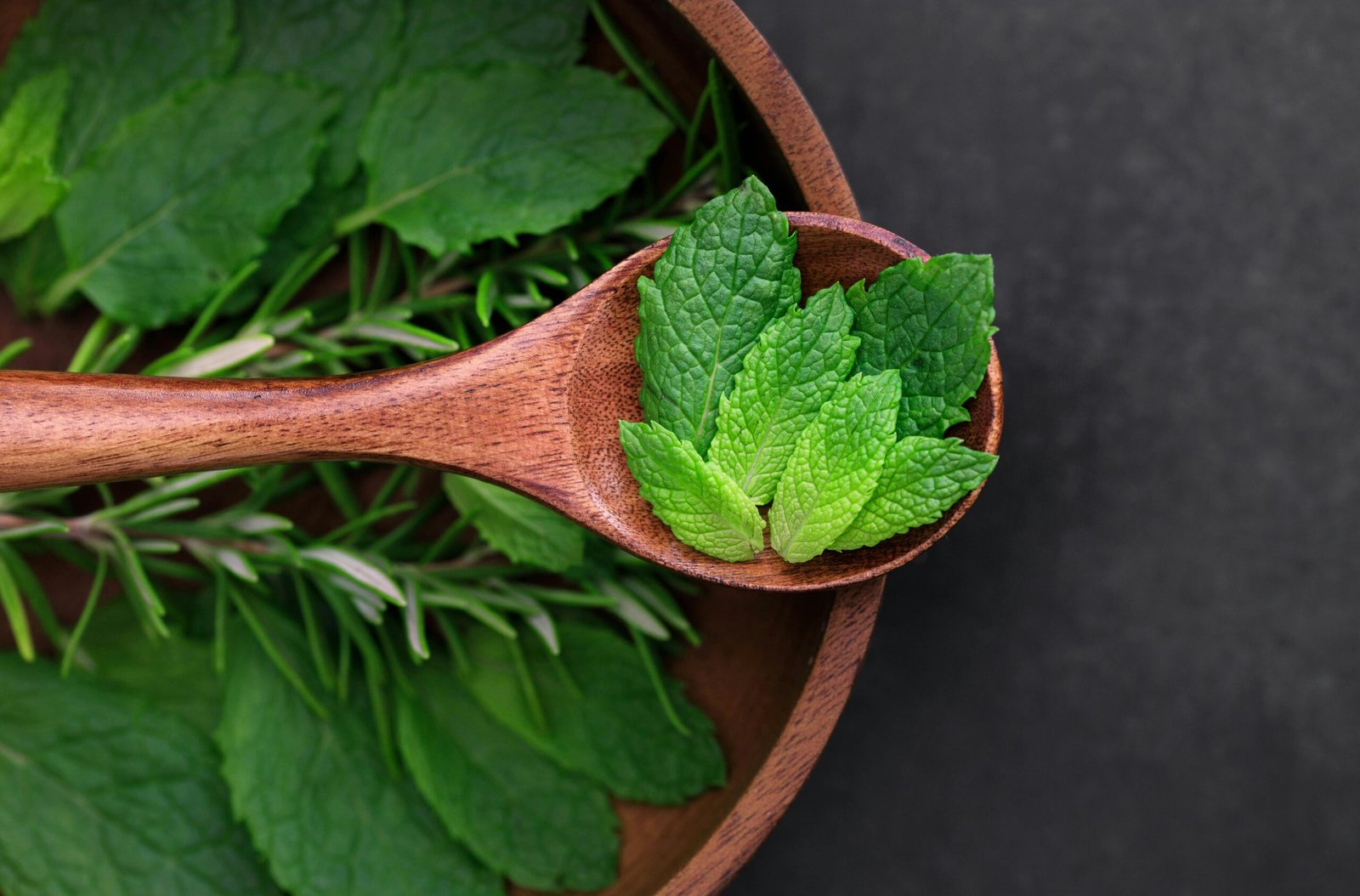Animal companions enrich our lives, and their well-being is paramount. When our furry friends experience pain, we naturally seek effective and safe relief. While veterinary care is crucial for diagnosis and treatment of serious conditions, exploring natural options alongside conventional medicine can offer significant benefits. This article delves into the world of medicinal plants for pain management in animals, focusing on their potential benefits and crucial safety precautions. Remember, always consult your veterinarian before introducing any new treatments, including herbal remedies, into your pet’s care.
Arnica: A Topical Solution for Minor Injuries and Pain
Arnica ( Arnica montana) is a well-known herbal remedy with a long history of use for topical pain relief in both humans and animals. It’s particularly effective for reducing inflammation and swelling associated with minor injuries like sprains, bruises, and muscle soreness. Arnica’s anti-inflammatory properties stem from its active compounds, including helenalin and dihydrohelenalin. These compounds help to inhibit the production of inflammatory mediators, thus reducing pain and promoting healing.
How to Use Arnica for Pets:
Arnica should never be ingested. It’s exclusively for external application. Look for high-quality arnica-based ointments or gels specifically formulated for animal use. Apply a small amount to the affected area, gently massaging it into the skin. Avoid contact with broken skin or mucous membranes. Always follow the product’s instructions carefully.
Turmeric (Curcuma longa): A Powerful Anti-Inflammatory Agent
Turmeric, a vibrant spice commonly used in cuisine, contains curcumin, a potent anti-inflammatory compound. Curcumin’s ability to inhibit inflammatory pathways makes it a promising natural remedy for various conditions in animals, including arthritis, joint pain, and inflammatory bowel disease. Turmeric’s anti-inflammatory effects are comparable to some nonsteroidal anti-inflammatory drugs (NSAIDs) but generally with fewer side effects.
How to Use Turmeric for Pets:
Turmeric can be incorporated into your pet’s diet in small amounts. You can add a pinch of turmeric powder to their food, or consider purchasing a high-quality turmeric supplement specifically formulated for animals. Start with a low dose and gradually increase it as needed, always monitoring your pet’s response. Remember that turmeric can stain, so be prepared for some yellowing of your pet’s fur.
Other Herbal Options for Pain Relief in Animals:
While arnica and turmeric are prominent examples, other herbs have shown potential benefits for pain management in animals. These include:
- Willow Bark: Contains salicin, a precursor to aspirin, offering mild analgesic and anti-inflammatory properties.
- Ginger: Possesses anti-inflammatory and analgesic effects, potentially beneficial for nausea and digestive upset, often associated with pain.
- Chamomile: Known for its calming and anti-inflammatory properties; may help reduce anxiety associated with pain.
Important Note: The effectiveness and safety of these herbs vary among animals and depend on factors like dosage, species, and underlying health conditions.
Precautions When Using Herbal Remedies for Pets:
- Consult your veterinarian: Before using any herbal remedy, consult with your veterinarian to ensure it’s safe and appropriate for your pet’s specific condition and health status. They can help determine the appropriate dosage and monitor for any potential interactions with other medications.
- Quality control: Choose high-quality, reputable brands that provide clear labeling and third-party testing for purity and potency.
- Start with low doses: Begin with a low dose and gradually increase it as needed, closely monitoring your pet for any adverse reactions.
- Observe for side effects: Watch for any signs of allergic reactions, such as skin rashes, vomiting, diarrhea, or changes in behavior. Discontinue use immediately if any adverse effects occur.
- Drug interactions: Certain herbal remedies can interact with conventional medications. Inform your veterinarian about all medications and supplements your pet is taking.
- Species-specific considerations: Dosage and safety profiles can differ significantly between species. Always use products specifically formulated for your pet’s species.
FAQ: Medicinal Plants for Animal Pain Relief
Q: Are herbal remedies a replacement for veterinary care?
A: No. Herbal remedies should be considered a complementary therapy, not a replacement for professional veterinary care. Always consult your veterinarian for diagnosis and treatment of any medical condition.
Q: How long does it take to see results from herbal remedies?
A: The time it takes to see results varies depending on the herb, the condition being treated, and your pet’s individual response. Some pets may experience relief within days, while others may require several weeks.
Q: Are herbal remedies safe for all animals?
A: Not all herbal remedies are safe for all animals. Some herbs can be toxic to certain species. Always consult your veterinarian before using any herbal remedy.
Q: Can I use human herbal remedies on my pet?
A: No. Human herbal remedies are often formulated differently and may contain ingredients toxic to animals. Always use products specifically formulated for animal use.
Q: Where can I find high-quality herbal remedies for pets?
A: Look for reputable pet supply stores, veterinary clinics, or online retailers that specialize in natural pet products. Ensure the products are clearly labeled and tested for purity and potency.
By understanding the potential benefits and precautions associated with medicinal plants for pain relief in animals, pet owners can make informed decisions about their pet’s health and well-being. Remember, a holistic approach that combines conventional veterinary care with carefully selected natural remedies can offer the best possible outcome for your beloved animal companion.
Keywords: Natural pain relief for dogs, herbal remedies for pet allergies, herbal supplements for dogs, holistic pet health, animal herbal care, natural pet remedies, organic pet care, herbal healing for animals, natural joint care for pets, essential oils for pets, plant-based pet nutrition.
Share this content:





